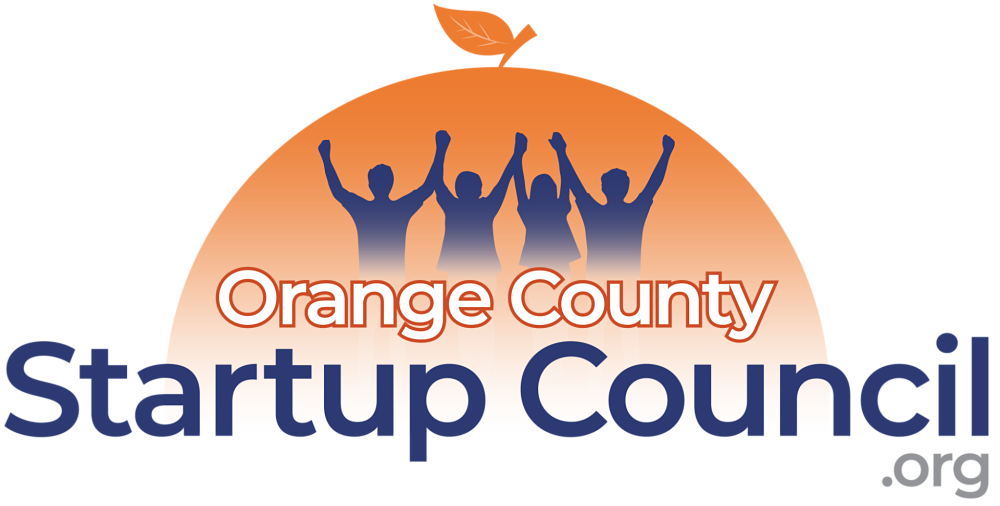Understanding High-skilled Immigration Reform
Thanks to the Noahpinion blog and its guest authors Alec Stapp and Jeremy Neufeld:
The case for high-skilled immigration reform (and how to make it happen)
Immigration is America’s superpower.
According to research by William Kerr at Harvard, between 2000 and 2010, America received more migrating inventors than every other country combined.
However, for decades, our broken immigration system has stacked obstacles in front of immigrants, succeeding in spite of itself thanks to the overwhelming desire of global talent to move here. But this pattern of migration that has served the U.S. so well is starting to change. Facing ever-growing wait times for green cards in the United States, talented immigrants are increasingly looking abroad for opportunities. According to a survey released last year by Boston Consulting Group, for the first time Canada has replaced the U.S. as the most desirable location for migrants moving for work.
Luckily, there are a number of novel executive actions and legislative reforms to boost high-skilled immigration that have recently become politically tractable.
But first, we have to understand the broader context of immigration as a political issue. If we want to make tangible, concrete progress in this critical area, then we should focus on two questions: How do we maximize the benefits from the level of immigration that citizens of a democracy are willing to tolerate? And how do we build public trust over time to increase the rate of immigration in a way that is politically sustainable?
The best answer to both questions is via high-skilled immigration.
How do we maximize the benefits from immigration?
For a given level of immigration, scientists, engineers, inventors, and entrepreneurs deliver the largest benefits.
Despite making up just 14% of the population, immigrants are responsible for 30% of U.S. patents and 38% of U.S. Nobel Prizes in science. A team of Stanford economists recently estimated that nearly three quarters of all U.S. innovation since 1976 can be attributed to high-skilled immigration.
Immigrants’ contributions in the business world are comparably impressive. Recent analysis by the National Foundation for American Policy found that 55% of billion-dollar startups in the U.S. were started by immigrants. Somewhat ironically, the U.S. is actually the home of the most valuable company cofounded by someone born in “South Africa (Tesla), Russia (Alphabet), Ireland (Stripe), Taiwan (Nvidia), Kenya (Cognizant), Lebanon (Moderna), or Bulgaria (Robinhood),” as Byrne Hobart recently pointed out.
Shifting superstar talent to the U.S. benefits not only our country but also the world. Immigrants are more productive in the United States than in other countries because we are at the frontier of science and technology and have unmatched innovation clusters centered around world-class universities and deep capital markets. One recent paper looked at competitors in the International Math Olympiad competition and followed them throughout their careers. This study found that “migrants to the U.S. are up to six times more productive than migrants to other countries — even after accounting for talent during one’s teenage years.” Further, immigrants help bring technologies from the frontier to developing countries.
And immigrants aren’t just economic contributors. Lawmakers in Washington increasingly recognize that skilled immigration can be a powerful lever against...
Read the rest of this article at noahpinion.substack.com...
Thanks for this article excerpt and its graphics to the Noahpinion blog and guest authors Alec Stapp and Jeremy Neufeld.
Want to share your advice for startup entrepreneurs? Submit a Guest Post here.
